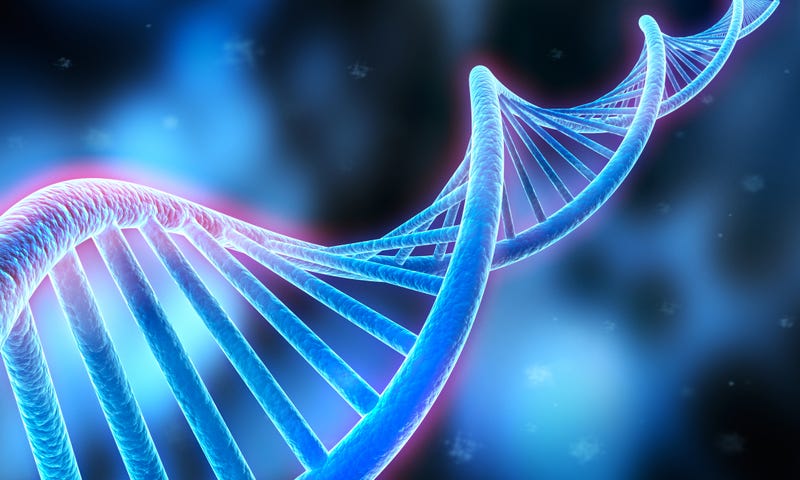
This February, researchers from Sweden released a study about the potential impact of COVID-19 vaccines on cells. It made waves on social media, with people sharing the study on Facebook as recently as this week.
However, the reason many share it – because they believe it proves that COVID-19 vaccines actually alter DNA – isn’t true. Study authors said as much the month after the study was published and the Associated Press further confirmed that the study doesn’t indicate that vaccines change DNA.
Even the study itself said “further studies are needed to demonstrate the effect of BNT162b2 [mRNA vaccine] on genomic integrity, including whole genome sequencing of cells exposed to BNT162b2, as well as tissues from human subjects who received BNT162b2 vaccination.”
According to the U.S. Centers for Disease Control and Prevention mRNA vaccines such as the Pfizer BioNTech vaccine use lab-created RNA (nucleic acid present in all living cells that has structural similarities to DNA, per the National Human Genome Research Institute) that teaches cells how to make proteins or parts of proteins as part of an immune response. This triggers antibody production and protects from infection.
Results from the Swedish study were found in “certain lab-altered liver cell lines under experimental conditions,” said the AP. Researchers explained that “cell lines differ from cells in living organisms,” and further study is needed to show that this might actually happen to humans.
“This study does not investigate whether the Pfizer vaccine alters our genome,” said study author Yang de Marinis, an associate professor at Lund University, during a Q&A session about the Swedish held March 10. “Our publication is the first in vitro study on the conversion of mRNA vaccine into DNA, inside cells of human origin. We show that the vaccine enters liver cells as early as 6 hours after the vaccine has been administered. We saw that there was DNA converted from the vaccine's mRNA in the host cells we studied.”
When RNA is converted to DNA by viruses sometimes that DNA is incorporated into host cells, making the virus difficult to treat. There is also fear that this DNA could alter cell function and lead to cancers, said the Associated Press. Coronaviruses like the SARS CoV-2 virus that causes COVID-19 are not generally expected to change RNA to DNA, said Bethany Moore, chair of the University of Michigan’s Department of Microbiology and Immunology.
The AP also reported that there is a “clip being shared online in recent days that shows three doctors, who have spread misinformation about the vaccines in the past, discussing the Swedish study and falsely claiming it demonstrates that ‘the Pfizer vaccine reverse transcribes and installs DNA into the human genome,’ leading to harmful effects.”
This clip is from a roundtable discussion that posted March 8 – two days before the Lund Q&A – by Christian broadcasting network Daystar. In the Q&A, researchers said they expected their research to gain media attention.
“But we think it is self-evident that this type of research should be pursued,” said Lund professor and study author Magnus Rasmussen. “We have a new vaccine, and it needs to be tested in cell and animal models and also in humans, in various ways. The result might be surprising, but it is also a bit surprising that such studies do not seem to have been carried out before.”
Rasmussen also said “there is no reason for anyone to change their decision to take the vaccine based on this study.”
Last week, the CDC encouraged Americans to get booster shots, as infectious COVID-19 variants are on the rise. Vaccination is recommended for people who are at least 6 months old.
“Data suggest that BA.4 and BA.5 spread more easily than previous omicron lineages,” said the CDC. “They’ve been on the rise for weeks, and BA.5 has become the predominant lineage in the United States.”


